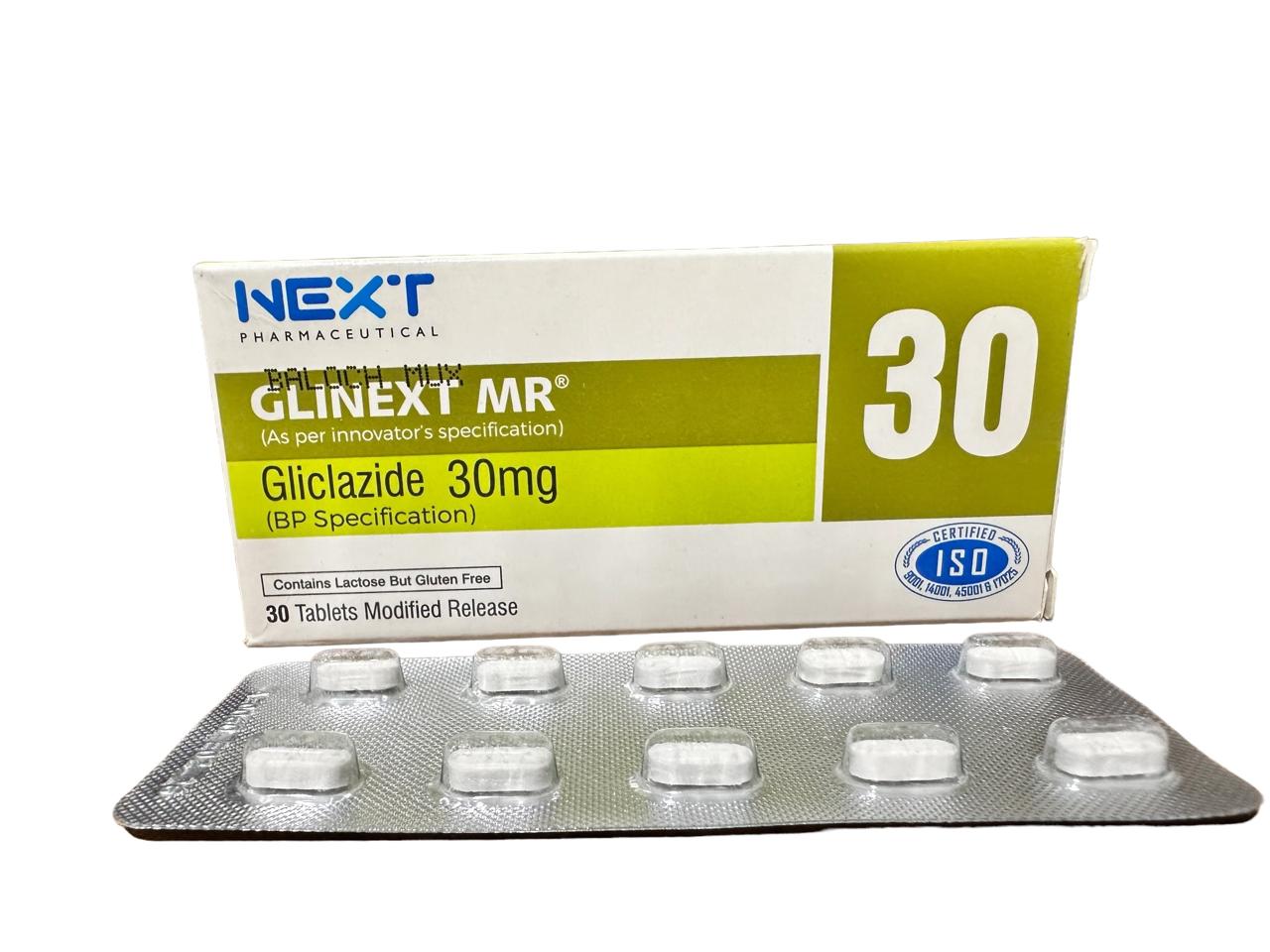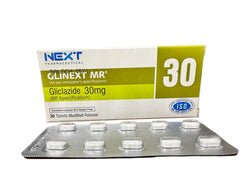

- Choosing a selection results in a full page refresh.
Need Help?
03444440083


Couldn't load pickup availability
standard shipping charges on order is Rs 200
You may return most new, unopened items within 3 days of delivery for a full refund.
You should expect to receive your refund within four weeks of giving your package to the return shipper, however, in many cases you will receive a refund more quickly. This time period includes the transit time for us to receive your return from the shipper (5 to 10 business days), the time it takes us to process your return once we receive it (3 to 5 business days), and the time it takes your bank to process our refund request (5 to 10 business days).
If you need to return an item, simply login to your account, view the order using the "Complete Orders" link under the My Account menu and click the Return Item(s) button. We'll notify you via e-mail of your refund once we've received and processed the returned item.
Lorem ipsum dolor sit amet, consectetur adipiscing elit, sed do eiusmod tempor incididunt ut labore et dolore magna aliqua. Ut enim ad minim veniam, quis nostrud exercitation ullamco laboris nisi ut aliquip ex ea commodo consequat. Duis aute irure dolor in reprehenderit in voluptate velit esse cillum dolore eu fugiat nulla pariatur. Excepteur sint occaecat cupidatat non proident, sunt in culpa qui officia deserunt mollit anim id est laborum.
Glinext Mr 30mg 1Box = 3Strips.
Specification
Requires Prescription (YES/NO)
Yes
Generics
Gliclazide
Used For
Diabetes
How it works
It is used when diet and exercise are not enough to control your blood glucose properly. It lowers blood glucose by increasing the amount of insulin (a hormone that controls blood glucose levels) produced by your pancreas.
Usage And Safety
Dosage
Gliclazide
Side Effects
Gastro-intestinal: Abdominal pain, anal fissure, appetite increased, colitis, duodenal ulcer, epigastric fullness, faecal incontinence, flatulence, gastric irritation, gastroesophageal reflux, GI neoplasm benign, hemorrhoids, melena, dry mouth, oesophagitis, saliva increased, tooth ache, tooth disorder, vomiting. These reactions are generally dose-related and may disappear when the dose is reduced. Hearing and vestibular: hearing decreased, tinnitus. Liver and biliary: increased liver enzymes, hepatitis, hepatomegaly. Metabolic and nutritional: gout, glycosuria, hypercholesterolemia, hypertriglyceridemia, thirst. Cases of hepatic porphyria and disulfiram-like reactions have been described with sulfonylurea drugs. Clinical experience to date has shown that gliclazide 80 mg tablets has a low incidence of disulfiram type reactions. Musculo-skeletal: arthropathy, bursitis, hernia congenital, skeletal pain, spine malformation.
Drug Interactions
Long-acting sulfonamides, tuberculostatics, NSAIDs, fibrates, monoamine oxidase inhibitors, salicylates, probenecid, beta-blockers, azole antifungal agents (oral and parenteral preparations), H2 receptor antagonists and angiotensin converting enzyme inhibitors , other antidiabetic agents (insulin, alpha glucosidase inhibitors, biguanides) , diuretics (thiazides, furosemide), corticosteroids, oral contraceptives (estrogen plus progestogen), chlorpromazine, ritodrine, salbutamol, terbutaline and nicotinic acid , Miconazole , Phenylbutazone , MAOIs , Chlorpromazine (neuroleptic agent) .
Indication
It is used to control blood glucose (sugar) in patients with Type II diabetes mellitus.
When not to Use
Do not take if • You are allergic to: gliclazide, or any of the other ingredients • You have had an allergic reaction to any other sulphonylureas, or related medicines such as sulfa antibiotics or to thiazide diuretics (a type of fluid or water tablet).
Precautions
Precaution
In patients stabilized on gliclazide therapy, loss of blood sugar control may occur in cases of acute intercurrent disease or in stressful situations such as trauma or surgery. Under these conditions, discontinuation of gliclazide and administration of insulin should be considered.
Warnings
Warning 1
Use of gliclazide must be considered as treatment in addition to proper dietary regimen and not as substitute for diet.
Warning 2
All sulfonylurea drugs can induce severe hypoglycemia. Particularly susceptible are elderly subjects, patients with impaired hepatic or renal function, those who are debilitated or malnourished and patients with primary or secondary adrenal insufficiency. Some cases may be severe and prolonged.
Warning 3
The efficacy of gliclazide, in reducing glucose to the desired level decreases over a long period of time in many patients: this may be due to progression in the severity of the diabetes, or to a reduced response to treatment. This phenomenon is known as secondary failure and should be distinguished from primary failure, when the drug is ineffective when prescribed as first-line treatment. Adequate dose adjustment and compliance with dietary measures should be considered before classifying the patient as secondary failure. If a loss of adequate blood glucose-lowering response to GLICLAZIDE is detected, the drug should be discontinued.
Additional Information
Pregnancy category
Always consult your physician before using any medicine.
Storage (YES/NO)
Store this medicine at room temperature, away from direct light and heat.
Get the latest updates on new products and upcoming sales
Thanks for subscribing!
This email has been registered!

| Product | SKU | Rating | Description | Collection | Availability | Product Type | Other Details |
|---|